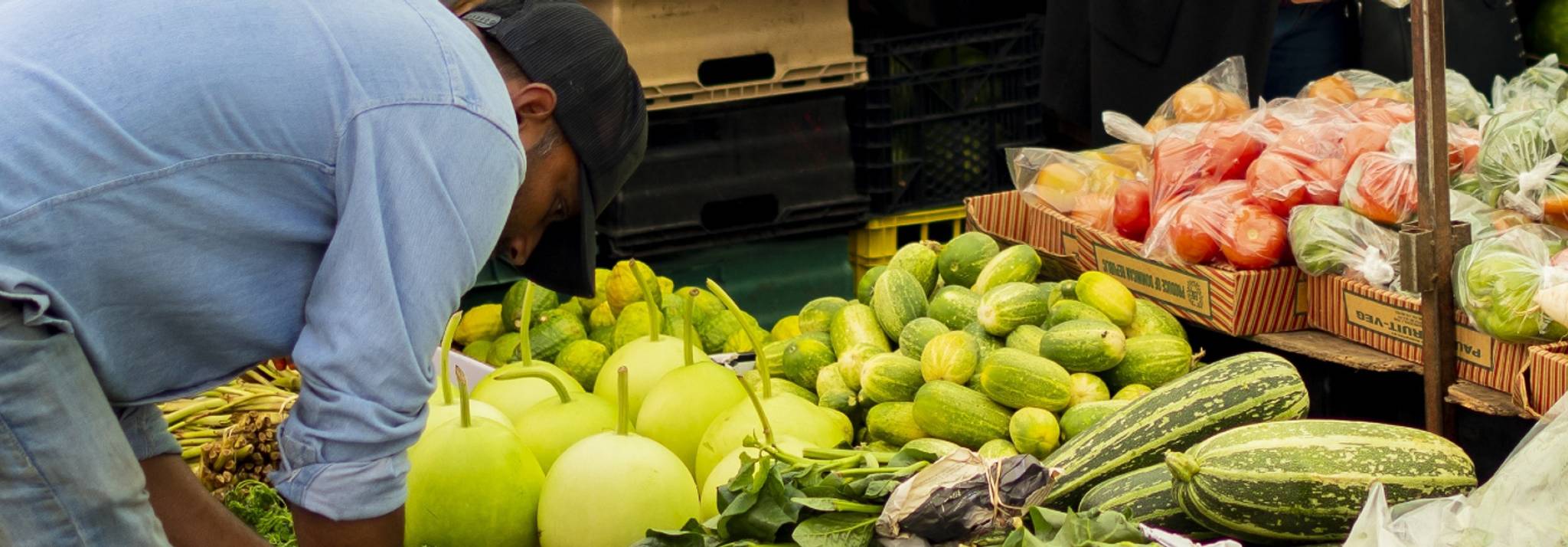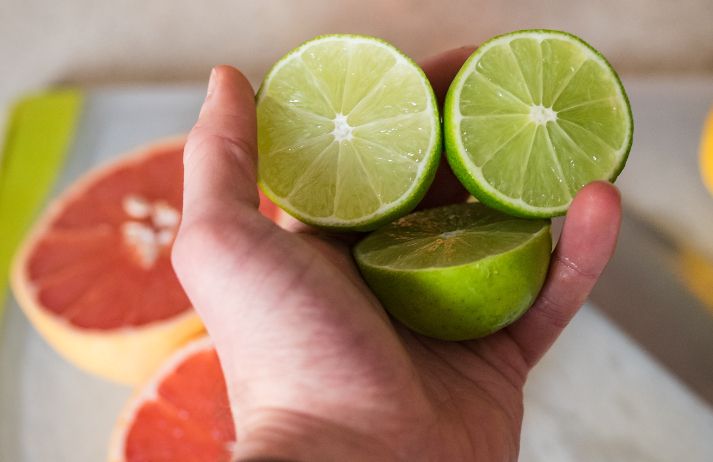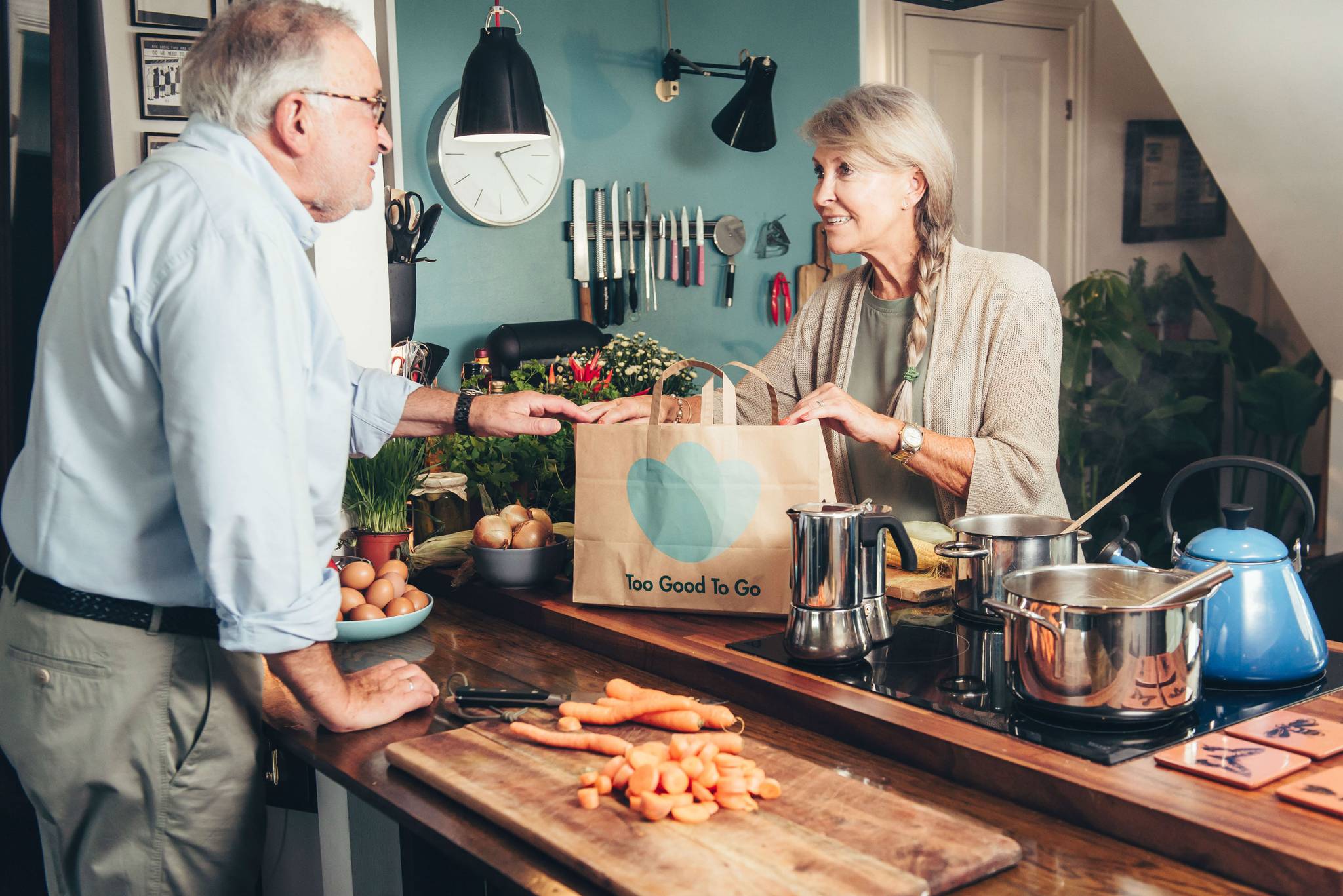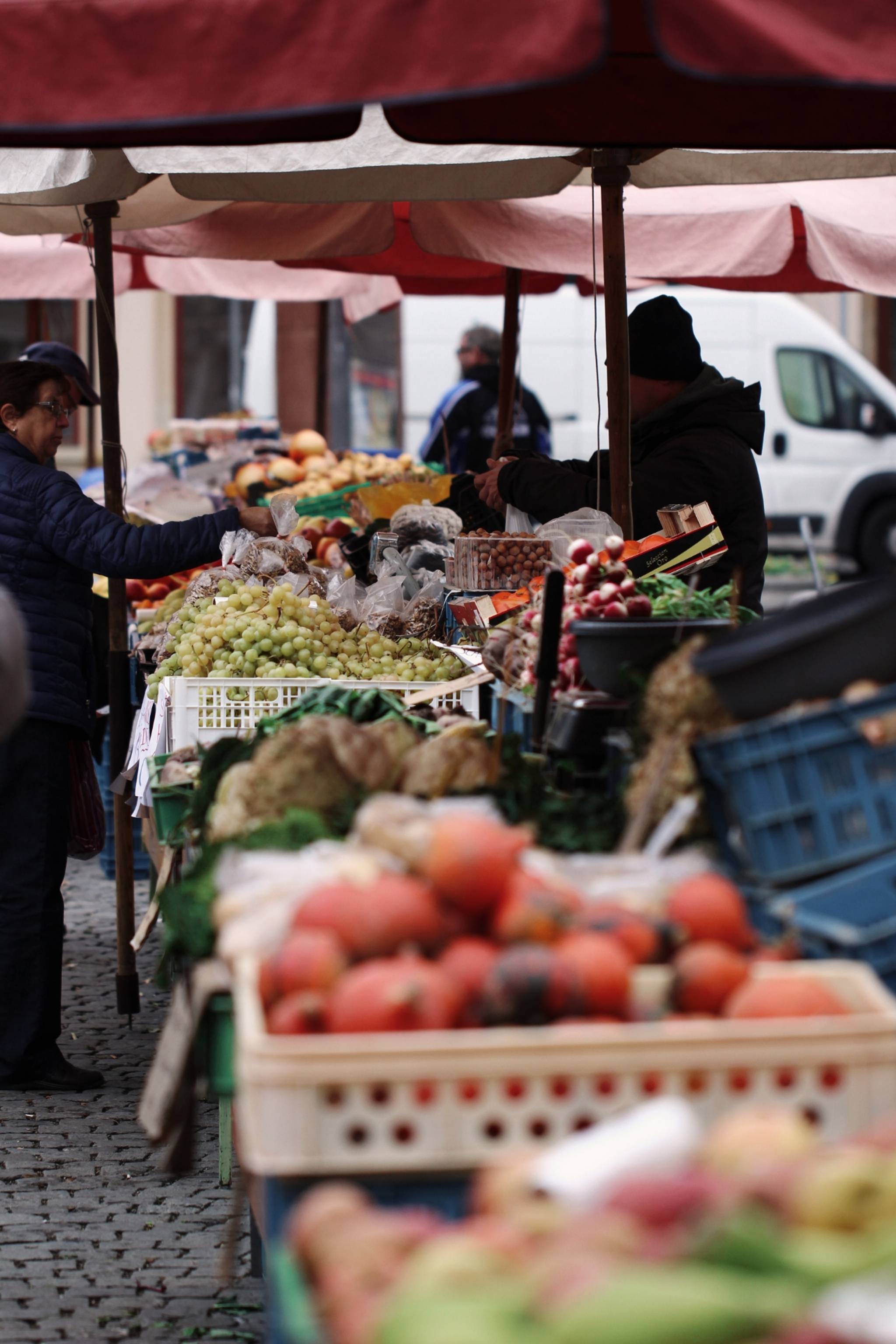
Though perfectly edible, fresh produce with cosmetic imperfections is often avoided by consumers. That is, unless it’s labeled correctly. Researchers have found that labeling flawed produce as 'ugly' can increase the purchase of unattractive fruit and veg. We explore the insights behind this, and the role that marketing can play in helping to tackle food waste.
Amid rising concerns surrounding the environmental cost of food waste, researchers at the University of British Columbia set out to answer two key questions surrounding the waste of unattractive produce: why do consumers reject unattractive produce? And could ‘ugly’ labeling change this?
Their findings reveal that consumers reject unattractive produce due to expectations that the produce is less tasty and, to a smaller extent, less healthy than attractive produce. However, they also found that emphasizing esthetic flaws via 'ugly' labeling (such as labeling irregular cucumbers as 'ugly cucumbers') can increase the purchase of unattractive produce. This is because 'ugly' labeling points out the imperfection in the produce, making it clear to consumers that there are no other deficiencies other than attractiveness.

“We sold both unattractive and attractive produce at a farmer's market and found that consumers were more likely to purchase unattractive produce over attractive produce when the unattractive produce was labeled 'ugly' compared to when unattractive produce was not labeled in any specific way. 'Ugly' labeling also generated greater profit margins relative to when unattractive produce was not labeled in any specific way--a great solution for sellers to make a profit while reducing food waste," explained study author Siddhanth Mookerjee.
Every year, US farmers throw away up to 30% of their crops due to cosmetic imperfections. The environmental impact of all of this food waste is huge: if food waste were a country, it would be the world’s third-largest emitter of greenhouse gases. With retailers across the US signed up to the US Food and Waste 2030 Champions Initiative – which aims to halve food waste by 2030 – the findings of this study suggest the power of marketing in subtly tackling consumer aversion towards cosmetically imperfect produce. Subscription company Oddbox has taken a similar approach in the UK by delivering fruit and veg rejected by farmers directly to people’s doors.
Lottie Hanwell is a behavioural analyst at Canvas8. She has a degree in English Literature and Spanish, and spends a lot of time thinking, researching and writing about developments in society and culture. On her weekends, she likes to run, read and make a mess in the kitchen.



